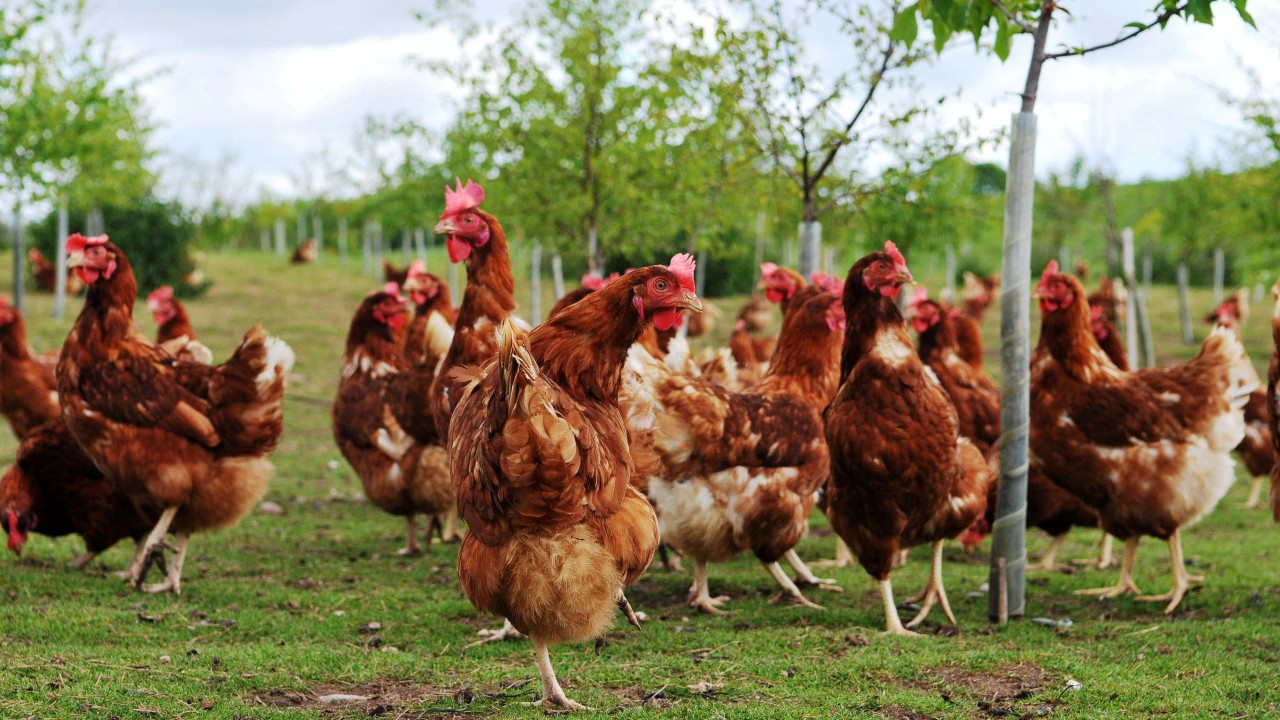A poultry farm in Kent has had an entire flock of birds slaughtered after the flock was suspected to have low-pathogenic avian influenza (bird flu).
A spokesperson for the Department of Environment, Food and Rural Affairs (Defra) said:
Following testing at a small commercial poultry premises near Deal, Dover District in Kent, the UK government has decided to slaughter the flock on suspicion of avian influenza and declare a 1km temporary movement restriction zone for captive birds.
“These are precautionary measures and avian influenza has not been confirmed on the site.”
What is avian influenza?
Defra has the following advice for tackling avian influenza which is currently classified as “medium risk”.
Avian influenza (bird flu) mainly affects birds. It can also affect humans and other mammals.
Bird flu is a notifiable animal disease. If you suspect any type of bird flu in poultry you must report it immediately. Failure to do so is an offence.
If you find dead wild waterfowl (swans, geese or ducks) or other dead wild birds, such as gulls or birds of prey, you should report them to the relevant department.
Poultry includes chickens; ducks; turkeys; geese; pigeon (bred for meat); partridge; quail; guinea fowl; and pheasants.
If you keep poultry, whether commercially on a farm, or as pets in your garden, or are rearing game birds, you should keep a close watch on them for signs of disease, and maintain good biosecurity at all times.
If you have any concerns about the health of your poultry, seek prompt advice from your vet.
The UK government is urging bird owners to register poultry, even if only kept as pets, so it can contact owners during an outbreak. This is a legal requirement if you have 50 or more birds.

